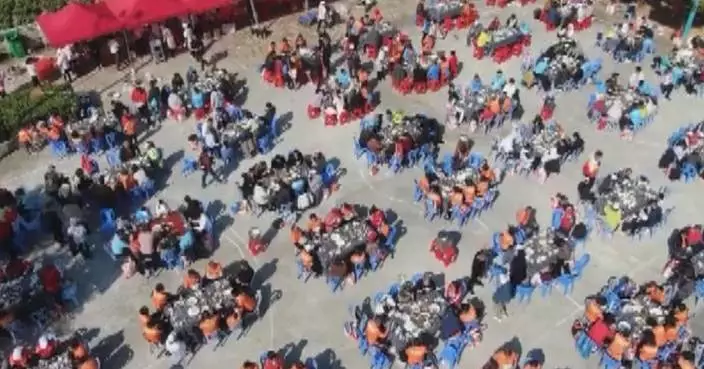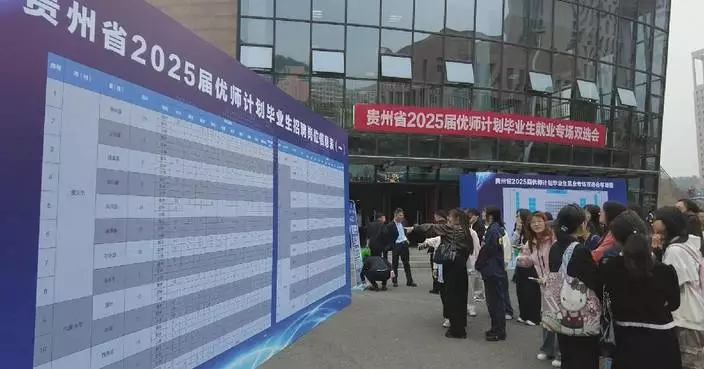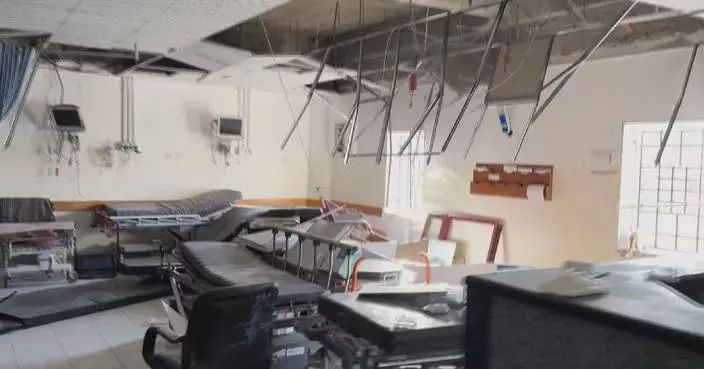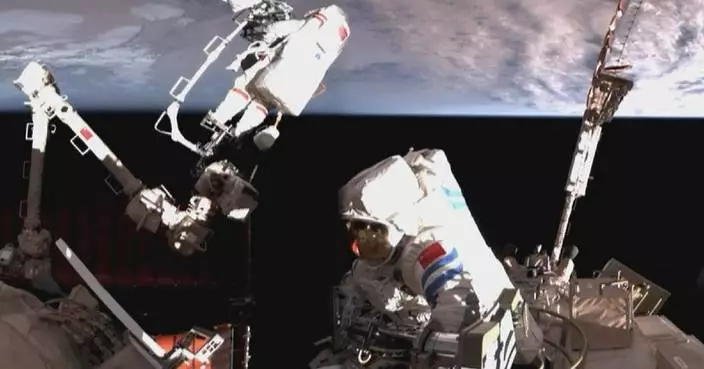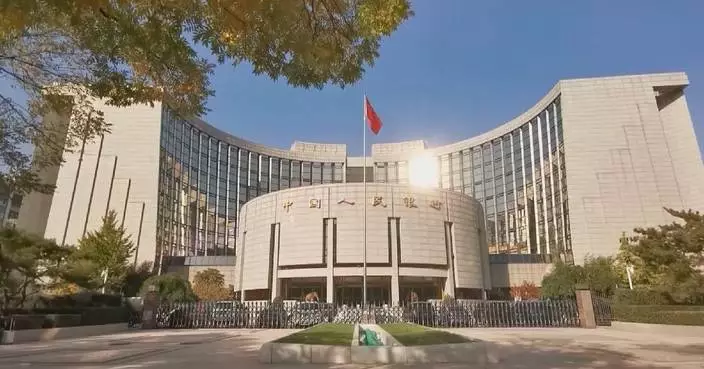The 26th China Hi-Tech Fair, which ran from Thursday to Saturday in south China's tech hub of Shenzhen, featured the debuts of over 4,300 new products and technologies.
One of the most eye-catching exhibits is an intelligent drone camera that doesn't require a remote control. It can take high-resolution pictures hovering at a certain distance above its owner after a facial recognition process.
"A great merit of the drone is it's portable, safe and convenient. The fully enclosed structure can effectively avoid visual obstacles for its 8K video camera. It is easy for customers to learn how to use the drone. It can fly at a speed up to 42 kilometers per hour. So it can be used during traveling and outdoor activities," said Song Yulong, an exhibitor.
Another highlight at the fair is a coffee robot capable of making latte art based on images uploaded to its system.
Besides daily products, the fair also presented many innovative solutions to production facilitation, such as a large language model that can quickly come up with dozens of design proposals based on a few pictures.
"For example, I upload the pictures of this pair of shoes and an armor, and then it can make a design based on just these two pictures. It can generate a specific and practical product design according to style references and modeling inputs," said Li Jiaxiang, another exhibitor.
The annual China Hi-Tech Fair, inaugurated in 1999, is the largest and the most influential science and technology fair in China.
This year's event attracted nearly 5,000 companies and organizations from over 100 countries and regions. More than 1,000 purchasing delegations around the world visited the fair, and more than 400,000 professional visitors negotiated deals at the fair.
It witnessed the signing of 869 contracts with their intended transaction volume surpassing 120 billion yuan (about 16.8 billion U.S. dollars).
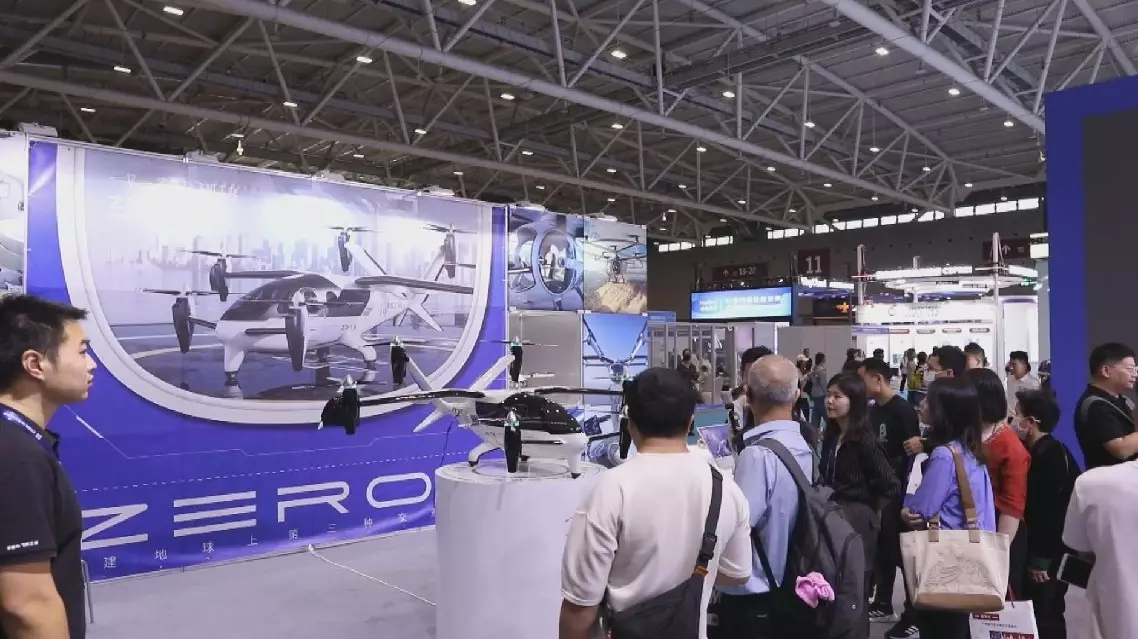
New technologies, products shine at China Hi-Tech Fair




